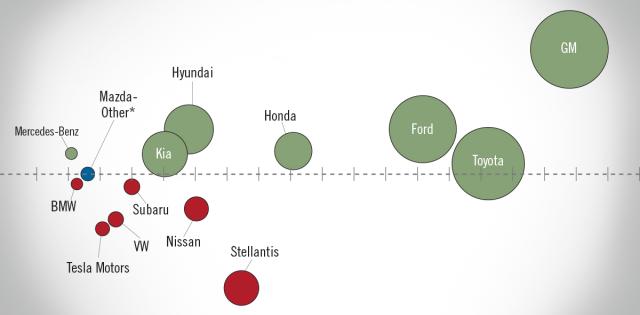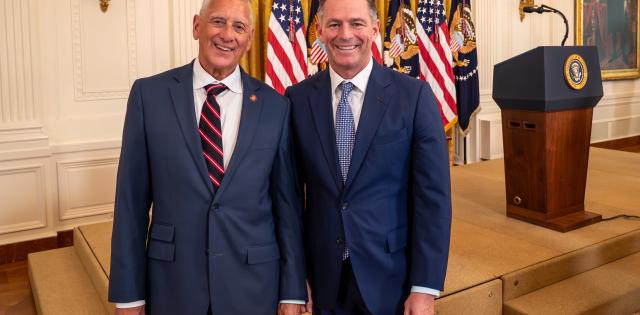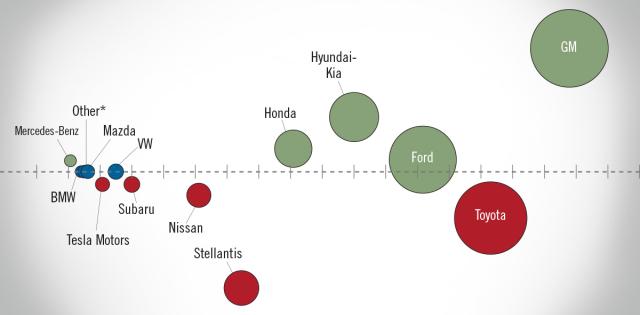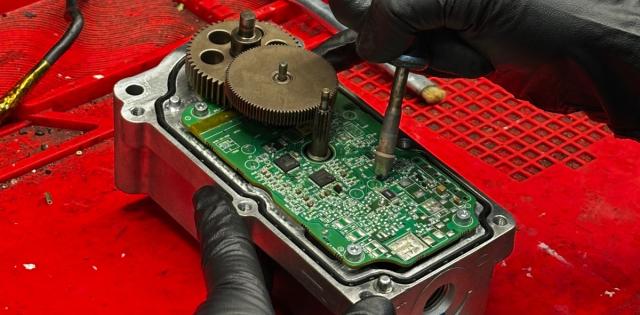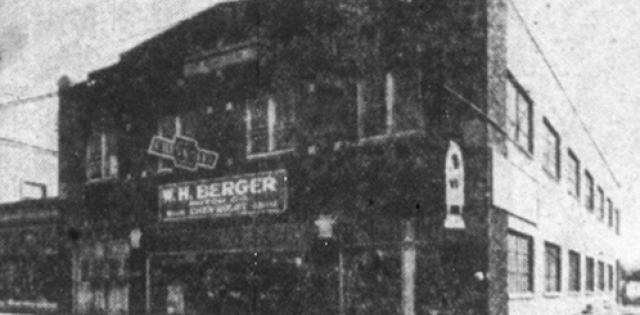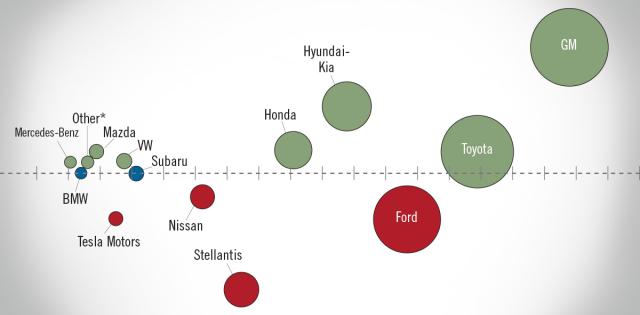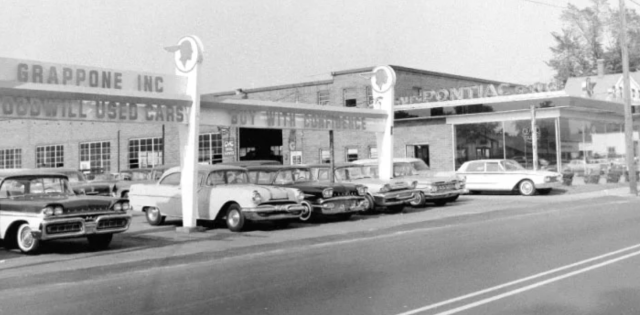For America’s low-income families, the single biggest driver of economic opportunity could be owning their own vehicle. Recent research suggests a strong link between car ownership and access to longer-lasting employment and a higher household income.
A new study published in the Journal of Planning Education and Research in February examines how car ownership affects income opportunity and finds that over the last 50 years, households without vehicles have lost income, both in absolute terms and relative to households with vehicles. For example, a household with a car in 1955 had about twice the income as those without. By 2013, those same households had more than three times as much income as their car-less counterparts.
“We commonly talk about American cities as being automobile dependent, and a consequence of that is that people without cars are not able to access the economy as well as people with cars,” said David King, assistant professor at Arizona State University and one of the authors of “The Poverty of the Carless: Toward Universal Auto Access.” “It’s very expensive to be poor. And not having reliable transportation could mean that you lose your job.”
For America’s working poor, owning a car can also mean access to better jobs and safer neighborhoods. In 2014, the Urban Institute published “Driving to Opportunity” and found that low-income residents of high-poverty neighborhoods who owned their own cars were twice as likely to find a job and four times as likely to remain employed.
They were also more likely to seek out better neighborhoods. “Families with access to cars found housing in neighborhoods where environmental and social quality consistently and significantly exceeded that of the neighborhoods of households without cars. Especially noteworthy, families with car access felt safer in their neighborhoods and were less likely to live in neighborhoods with high crime rates than those without car access,” according to the report.
“Even as highly educated Millennials and Baby Boomers fantasize about car-free-cities, car access is still indispensable for many families seeking safety and economic security,” wrote Rolf Pendall, one of the Urban Institute study’s co-authors.
And as we know, personal vehicle ownership remains significantly less expensive than ride-hailing, even in dense urban areas where the services have seen the most growth. In August 2018, August, the AAA Foundation for Traffic Safety released a study finding that the cost of relying on ride-hailing services as a primary mode of transportation in 20 of the biggest metro areas in the U.S. was, at minimum, more than twice as much as the cost of owning a personal vehicle.
The benefits of owning a car are particularly obvious for low-income single parents, who have to manager their families schedules and tend to make multiple trips a day--to go to work, take children to school and doctors’ appointments, and shop for the family.
Charles L. Baum, an economics and finance professor at Middle Tennessee State University, used National Longitudinal Survey of Youth data to examine the effectiveness of vehicle ownership for single mothers with no more than a high school education. Baum found that regardless of whether the single mother lived in a city or a suburb, the effect of having a car was the same: increased employment. “In some cases, the effects of vehicles are large,” Baum wrote in the Journal of Urban Economics. “Owning a vehicle often doubles the probability of employment and the number of hours worked, increasing the probability of employment by roughly 30 percentage points and work hours by about 13 per week.”
So while many of us know that owning a car represents freedom and the ability to come and go as you please, for many low-income households, owning a car is a family essential that can be the key to a better job, a better neighborhood and a much better life.


